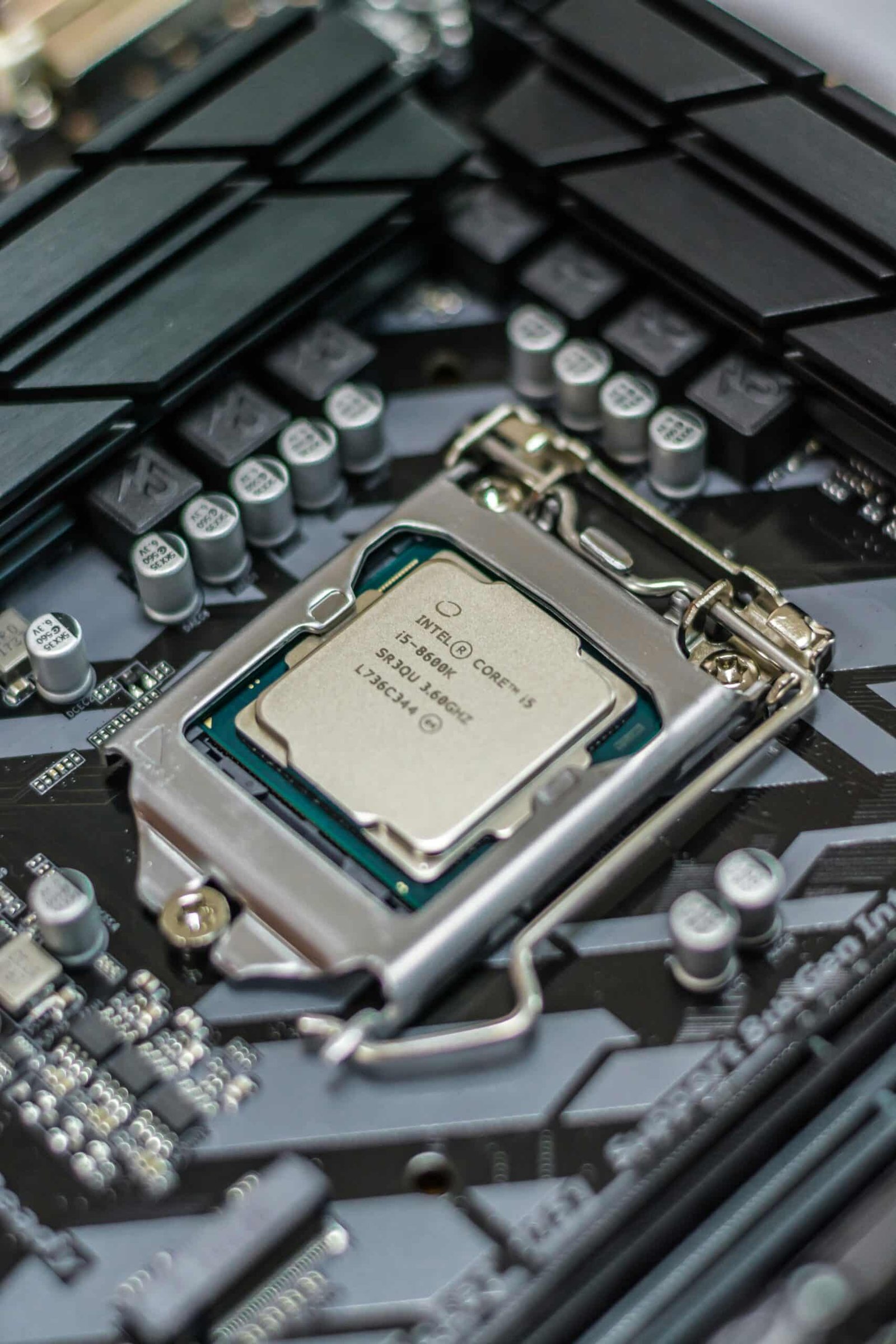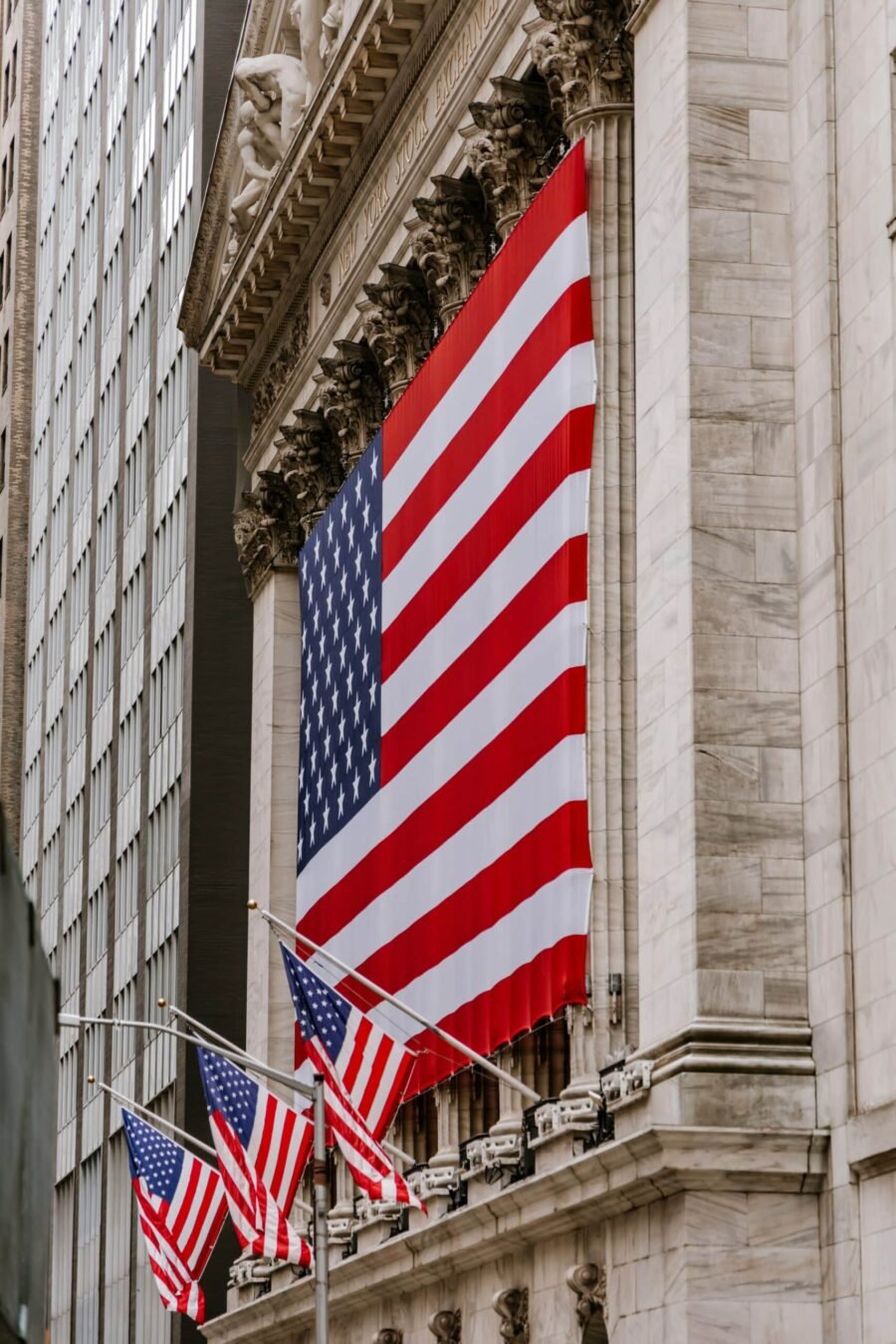
Labor Day, a revered annual event observed on the first Monday of September, holds profound importance in English-speaking nations. It is a tribute to the unwavering dedication and remarkable contributions of workers who have played an indispensable role in shaping our societies.
Tracing the Origins of Labor Day
Labor Day’s Journey to Recognition
Celebrating Labor Day Today
Modern-day Labor Day is celebrated with exuberant parades, delightful picnics, and a variety of community events that foster unity. It offers a cherished opportunity for relaxation and reflection, allowing people to pay homage to the remarkable accomplishments of workers. Many seize the opportunity of this extended weekend to reconnect with loved ones and savor the closing moments of summer.
The True Essence of Labor Day
Despite its association with summer’s end and the commencement of the school year, it is crucial to remember the core essence of Labor Day. It stands as a day to honor the relentless dedication of men and women who have toiled tirelessly to construct and sustain our societies. Their unceasing efforts have laid the foundation for the progress and prosperity we presently enjoy.
Acknowledging Ongoing Challenges
Labor Day is also a time to acknowledge the enduring challenges faced by workers. Despite notable strides in labor rights and protective measures, numerous individuals still grapple with inadequate wages, perilous working conditions, and precarious job security. Labor Day serves as a poignant reminder of the continuous necessity to champion the rights and well-being of workers.
Establishment as a National Holiday:
In 1894, against the backdrop of labor strikes and protests, the U.S. government officially recognized Labor Day as a federal holiday. President Grover Cleveland signed it into law, making the first Monday in September a day dedicated to celebrating the American labor force. This gesture was seen as a way to appease the labor unions and demonstrate the government’s support for workers.
Significance of Labor Day:
Labor Day holds immense significance as a day to recognize the invaluable contributions of workers to society. It’s a reminder of the progress made in securing workers’ rights, including fair wages, safe working conditions, and reasonable working hours. This holiday also highlights the ongoing struggle for workers’ rights worldwide, as labor movements continue to advocate for better treatment and fair compensation.
Labor Day Traditions and Customs:
Labor Day traditions and customs vary from region to region. In the United States, for instance, it’s common for people to wear white clothing as a symbolic farewell to summer. Many cities organize Labor Day parades, with colorful floats, marching bands, and community groups proudly displaying their commitment to workers’ rights. Community service is another tradition associated with Labor Day. Some people use this holiday as an opportunity to give back to their communities by volunteering, emphasizing the spirit of solidarity and helping those in need.
In Conclusion
In conclusion, Labor Day transcends being merely a day of respite from work; it is a day to ponder the tumultuous journey of the labor movement. It prompts us to reflect upon the significance of workers’ rights and the ongoing struggle for equitable treatment in workplaces. So, as you relish your Labor Day barbecue or participate in a festive parade, take a moment to delve into the historical and symbolic significance that underpins this meaningful holiday.











